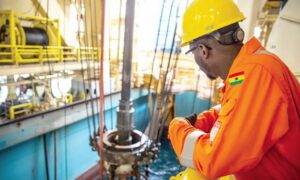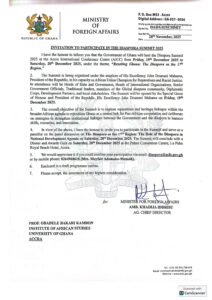Ghana is generally considered to be a stable country for investment. It has a relatively strong economy, a well-established democracy, and a relatively stable political environment. The government of Ghana has also been actively promoting foreign investment, and has made a number of efforts to improve the business climate in the country.

Over the past decade, Ghana’s economy has grown at a steady rate, driven by its rich natural resources, particularly oil and gas, as well as its growing services sector. The country has a relatively well-educated workforce, and its infrastructure is generally considered to be better developed than in many other countries in the region.

However, like any country, Ghana has its own set of challenges and risks for investors. These include high levels of public debt, high inflation, and a relatively large trade deficit. Some sectors, such as agriculture and manufacturing, are also facing significant challenges. Additionally, like other African countries Ghana has been affected by political Instability and economic uncertainty.
Overall, Ghana is considered a relatively stable country for investment, and presents a number of opportunities for investors, particularly in the areas of natural resources, agriculture, and infrastructure development. However, as with any investment, it is important to conduct thorough due diligence and to understand the risks involved.




